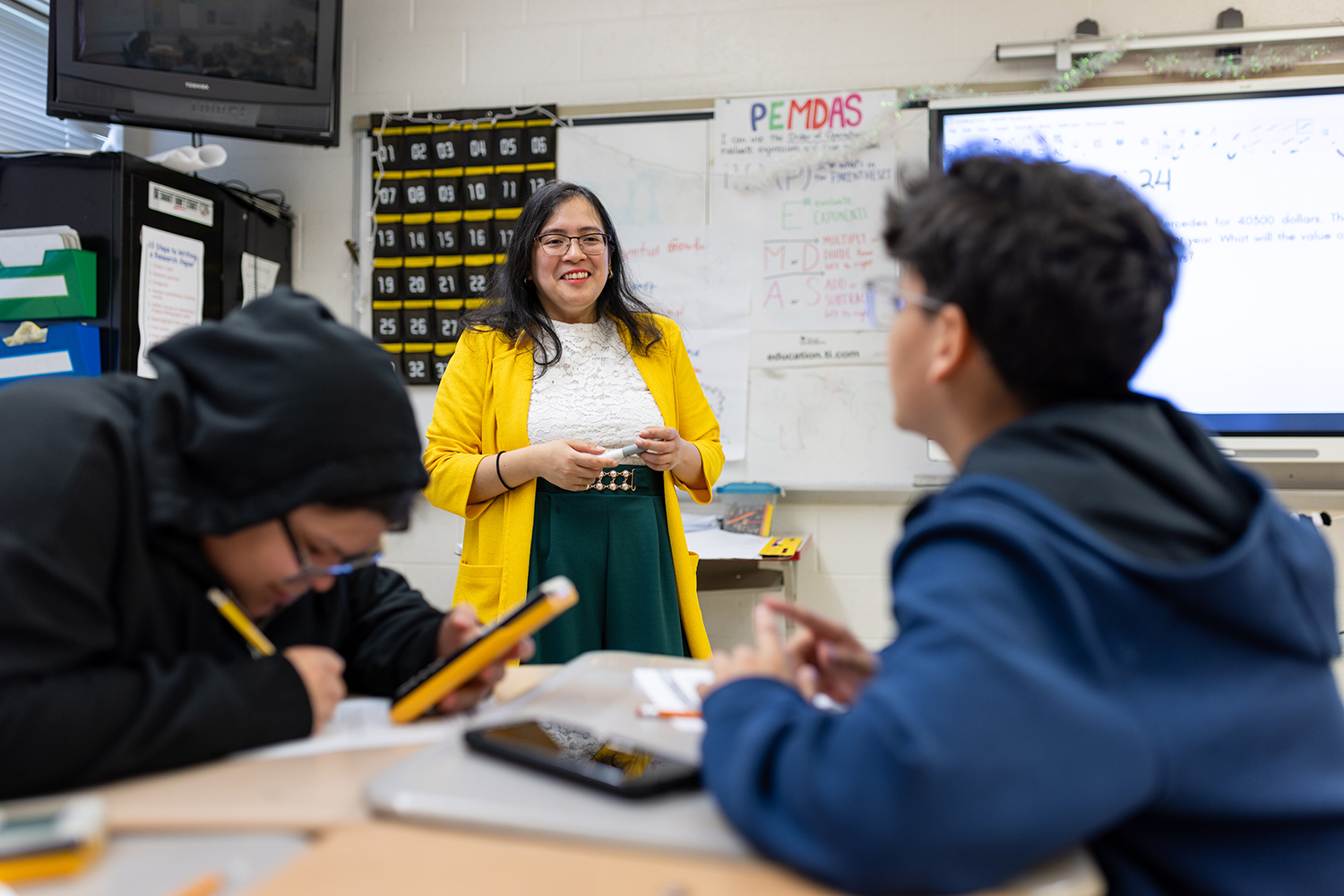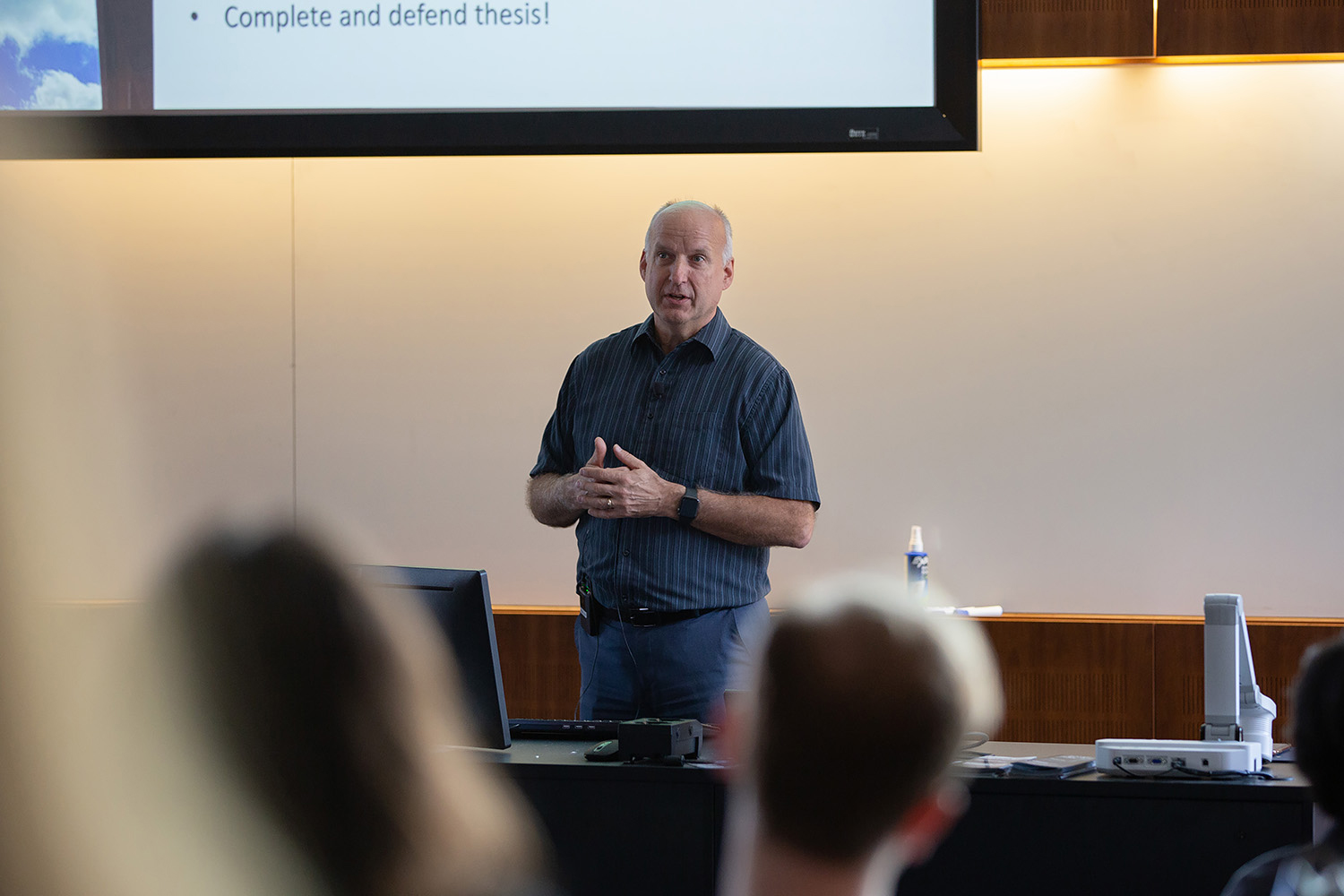UConn Health professor of neuroscience, Douglas Oliver, has received a $3.2 million grant from the U.S. Department of Defense, Congressionally Directed Medical Research Program to develop an improved detection method for one of the most prevalent health problems for veterans.
Tinnitus is the sensation of ringing in the ears. This problem affects 10 percent of all Americans but is a particularly potent problem for veterans.
In combat, soldiers are exposed to explosions, gunfire, and other loud noises. Excessive noise exposure is one of the leading causes for tinnitus. Tinnitus and hearing loss are among the most common disabilities for veterans.
One of the most significant problems with treating tinnitus is that it largely relies on self-reporting. Oliver’s project aims to develop an electrophysiological diagnostic test for tinnitus that is much more objective.
We hear sounds thanks to signals transmitted through our neural system. People with tinnitus’ neurons display firing patterns similar to those that we see when our brains detect a sound that is really there in the absence of any actual stimuli.
Oliver and his team recently discovered a phenomenon known as a “long-lasting sound-evoking afterdischarge” (LSA) in a type of neuron that plays an essential role in regulating our auditory process. Normally, our auditory neurons begin firing when they first detect a sound and stop firing when the sound stops. A neuron with LSA, however, continues to fire long after a sound stops. The longer a sound is, the longer the LSA will last; neural firing could continue for as long as two to three minutes after a sound stops. This signaling pattern is what Oliver hopes to be able to pick up with an electrophysiological test.
Oliver’s research will also address the gap in knowledge about the causes of tinnitus. It is well-known that excessive noise exposure can lead to tinnitus. However, there is currently no research addressing the question of whether the risk of developing tinnitus is greater when one is exposed to shorter bursts or “impulses” of loud noise as opposed to continuous noise exposure.
Oliver received his PhD from Duke University in neuroscience/psychology. He was a fellow at Duke, Harvard Medical School, and UConn Health. His research focuses on the neural processes involved in hearing and hearing loss. His lab has made many important discoveries about the structure and function of the auditory system.



